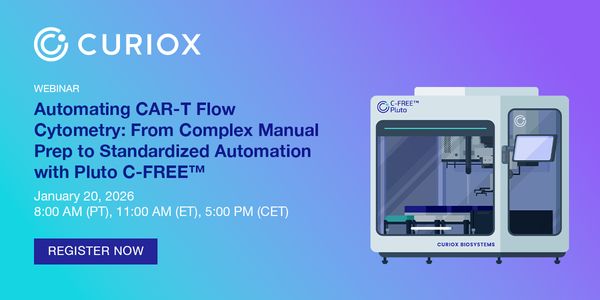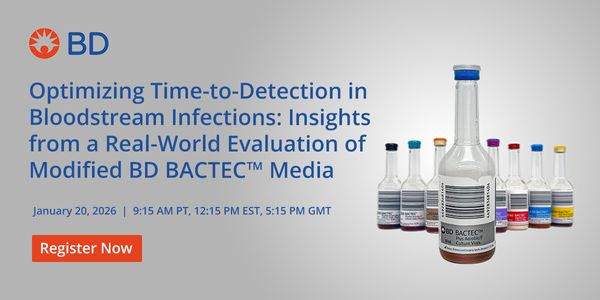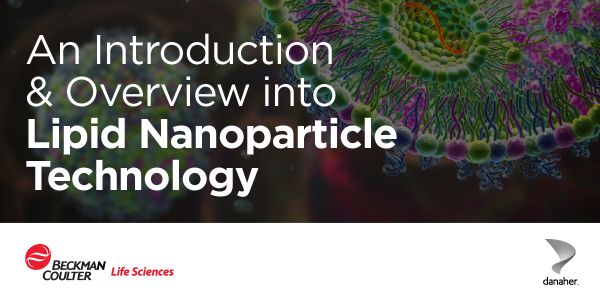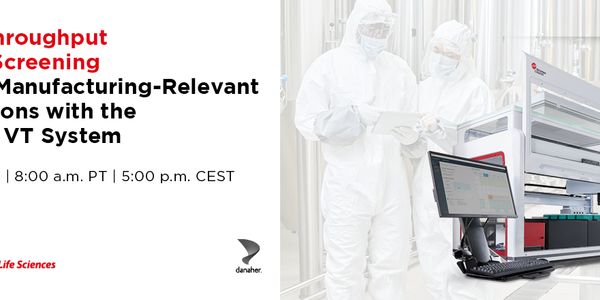
Keynote Presentation: The biomarker to companion diagnostic continuum: a road map for the delivery of precision medicine
-
Steven M. Anderson, PhD
Chief Scientific Officer, Covance Drug DevelopmentBIOGRAPHY
Specific biomarker assays are included in an increasing number of drug labels, with uses ranging from prediction of adverse events to providing insights on efficacy for patient populations. More than 40 of these biomarkers fit into the category of companion diagnostics, and provide information on the safety and efficacy of the associated therapy. The ability to develop biomarker assays in a fit for purpose manner, and then translate that development into a companion diagnostic strategy when appropriate is a key element of the delivery of precision medicine. In this talk, will cover the key elements necessary for the delivery across this continuum of development, including partnership relationships with pharma and diagnostic companies. Will also cover future trends include expansion of applications to new therapeutic areas, use of multi-analyte technologies and applications, artificial intelligence and machine learning analytics and algorithms, and implementation of new therapeutic modalities such as cell and gene therapies.
Learning Objectives:
1. Understanding of the key factors in the development of biomarker assays and requirements for transition to companion diagnostic applications
2. Examine future technologies and trends that impact the development of biomarker and companion diagnostic assays and their delivery of precision medicine
Please update your information
Certificate of Participation
DOWNLOAD CERTIFICATE






